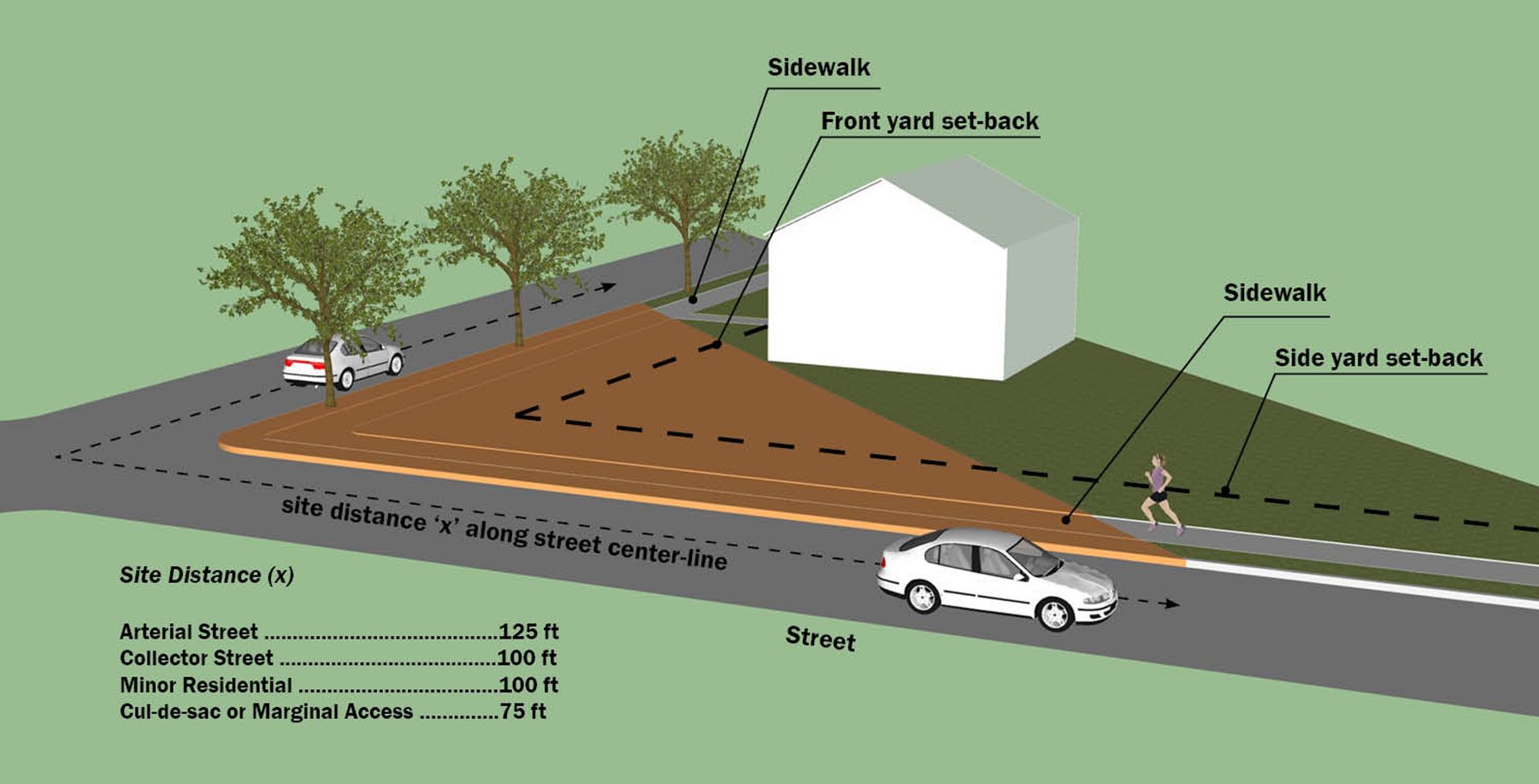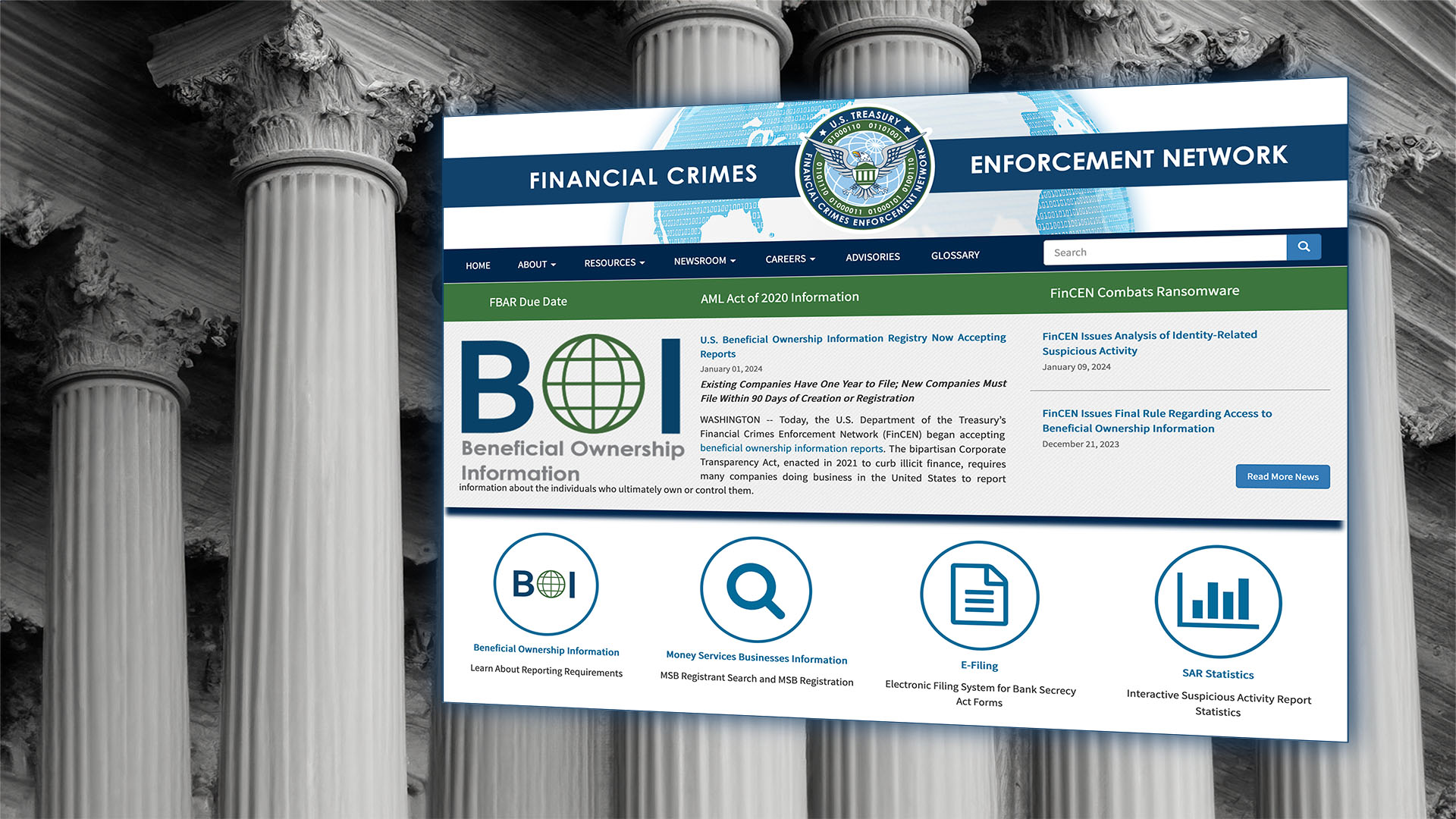Short-term rentals offer lucrative opportunities for property owners and investors, especially in popular vacation destinations. However, managing short-term rentals in HOA (Homeowners’ Association) communities can be complex. HOAs often have strict rules and regulations that can lead to costly penalties or disputes if not carefully followed. Understanding both local laws and HOA-specific regulations is essential for investors who want to maximize rental income while avoiding legal issues. In this guide, we break down the key compliance requirements and offer strategies to stay on the right side of the law.
Reviewing HOA Governing Documents
Your first step in staying compliant is understanding the HOA’s governing documents. These documents, particularly the CC&Rs (Covenants, Conditions, and Restrictions), set out the rules homeowners must follow. Some HOAs allow short-term rentals with conditions, while others impose stricter policies or even ban them entirely.
CC&Rs (Covenants, Conditions, and Restrictions): These documents form the backbone of the HOA’s rental policies. They often outline whether short-term rentals are allowed, the minimum lease length (e.g., 30 days), and the approval process for renting out properties.
Bylaws and Rules & Regulations: HOAs can also have separate bylaws that impose additional restrictions, such as noise limits, occupancy rules, or restrictions on guest behavior.

By fully understanding the scope of your HOA’s rules, you can determine whether short-term rentals are permissible and under what conditions.
Navigating Local and State Laws
HOA rules are just one part of the puzzle. Property owners also need to comply with local and state regulations governing short-term rentals. These laws vary widely by location and can impact everything from zoning to taxation.
Zoning Ordinances: Some local governments impose zoning laws that restrict short-term rentals in residential areas. Make sure to check whether your property is located in an area where short-term rentals are allowed.
Licensing Requirements: In many municipalities, property owners are required to obtain a short-term rental permit or a business license. Failure to secure the proper permits can result in fines or even the closure of your rental operations.
Tax Compliance: Short-term rental income is often subject to transient occupancy taxes (TOT) or hotel taxes. It’s essential to register with the appropriate local tax authority and ensure that you are collecting and remitting these taxes on behalf of your guests.

Familiarizing yourself with these laws early in the process will help you avoid costly fines or interruptions to your rental business.
Understanding HOA-Specific Short-Term Rental Restrictions
HOAs are often stricter than local governments when it comes to short-term rentals. Even if your local laws allow short-term rentals, your HOA may impose more stringent rules.
Rental Caps and Quotas: Many HOAs limit the number of properties that can be rented out simultaneously. For example, an HOA may only allow 10% of the homes in the community to be rented at any given time. Be sure to confirm whether these caps exist before listing your property.
Leasing Restrictions: Some HOAs mandate a minimum lease term, often 30 days or longer, to prevent short-term rentals. Check if there are any requirements that would make short-term rentals unviable in your community.
Board Approval Processes: In many HOA communities, homeowners are required to seek approval from the board before renting out their property. This process may involve submitting an application or providing proof that your rental complies with all HOA and local laws.

Failure to comply with these rules can result in hefty fines, or even legal action, so it’s important to familiarize yourself with the specific restrictions imposed by your HOA.
Securing Proper Insurance Coverage
Insurance is often an overlooked aspect of legal compliance, but it’s critical for protecting both the property owner and the HOA from liability.
Homeowner’s Insurance: A standard homeowner’s policy may not cover damages caused by short-term rental guests. Be sure to secure additional short-term rental coverage or switch to a comprehensive insurance policy that specifically covers short-term rental activity.
Liability Coverage: Many HOAs require homeowners to have additional liability insurance if they rent out their property. This is especially important in cases where guests may have access to common areas, such as pools, gyms, or clubhouses.

Ensuring proper insurance coverage protects you from potential claims resulting from guest behavior and can prevent costly disputes with the HOA.
Handling Violations and Penalties
Even with the best planning, violations can happen. Understanding how your HOA handles rule violations and potential penalties is essential for avoiding costly fines or legal disputes.
Fines and Legal Consequences: Most HOAs have a structure in place for escalating fines for non-compliance. For example, failing to follow short-term rental regulations could result in daily fines, which increase with each repeated offense. In severe cases, the HOA may even place a lien on your property for unpaid fines, which can lead to foreclosure.
Mediation and Dispute Resolution: Some HOAs offer mediation services to resolve disputes between homeowners and the board. This can be a useful option if you believe the HOA is unfairly enforcing its rules or if there is a misunderstanding regarding the rental policy.

By staying informed and proactive, you can resolve violations quickly and prevent future infractions.
Staying Ahead of Changes in Laws and HOA Rules
Both local governments and HOAs can change their rules over time, especially as the short-term rental market evolves. Staying informed about upcoming changes will help you remain compliant and avoid disruptions to your rental business.
Attend HOA Meetings: As a property owner, you should attend HOA meetings regularly to stay informed about any changes to the community’s rental policies. This will also give you the opportunity to voice your concerns if any new restrictions are being considered.
Monitor Local Legislation: Short-term rental laws at the city or county level are constantly evolving. Subscribe to local government newsletters or set up alerts to stay on top of any changes that could impact your rental property.

Being proactive ensures that you can adapt your rental strategy as new regulations are introduced.
Understanding and complying with the legal requirements for short-term rentals in HOA communities is crucial for protecting your investment. From reviewing HOA documents to navigating local laws and securing proper insurance, being proactive will help you avoid fines and ensure a successful rental business.

























































































































































































































































